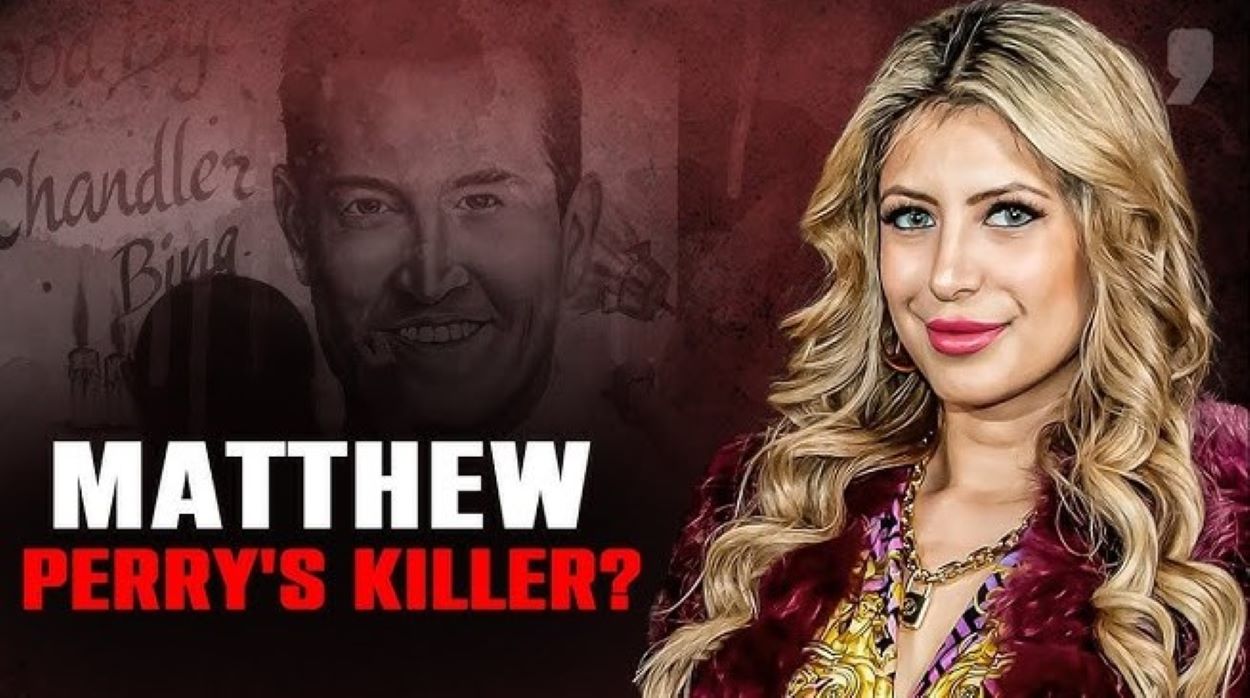Jasveen Sangha, dubbed the “Ketamine Queen” of North Hollywood, found herself at the centre of a federal investigation after the tragic death of Matthew Perry, to whom she allegedly sold substantial amounts of ketamine.
Jasveen Sangha, known for her role in the darker corners of the Los Angeles drug scene, Sangha, a dual British and American citizen, has been a significant figure since at least 2019, marketing her drugs under nicknames like “Dr Pepper” through private messaging apps.
Sangha’s arrest uncovered her extensive operation, from which she distributed drugs to high-profile figures, including Perry, amounting to $11,000 worth of ketamine shortly before his death. Her residence, described as a “drug-selling emporium,” was raided in March, revealing a stash of illegal substances, including ketamine, methamphetamine, and cocaine.
Despite Sangha’s awareness of the lethal risks associated with her products, her business thrived on her reputation for supplying high-quality drugs to celebrities. This notoriety extended her influence across the upscale circuits of Hollywood, where she mingled with A-list celebrities.
The case against Sangha has shed light on a pervasive drug culture among the rich and famous, facilitated by a network of dealers who operate with speed and discretion akin to delivery services like Uber or DoorDash. These dealers attract a clientele with the allure of quick, confidential service and the hope of ingratiating themselves into celebrity circles.
Experts like David Goodman-Meza, an addiction specialist, have noted a surge in the recreational use of ketamine among the wealthy, mirroring its growing popularity in Hollywood. The detailed investigation following Perry’s death highlighted not only Sangha’s involvement but also the broader issues of drug abuse and dependency in high-profile communities.
Bill Bodner, a former DEA agent, commented on the robust market for recreational drugs in Hollywood. He suggested that even if authorities dismantled Sangha’s operation, other dealers would quickly fill the void, perpetuating the cycle of drug supply and addiction among celebrities. He emphasized that this ongoing challenge highlights the complex relationship between celebrity culture and drug use, requiring constant attention and intervention from both law enforcement and public health officials.






